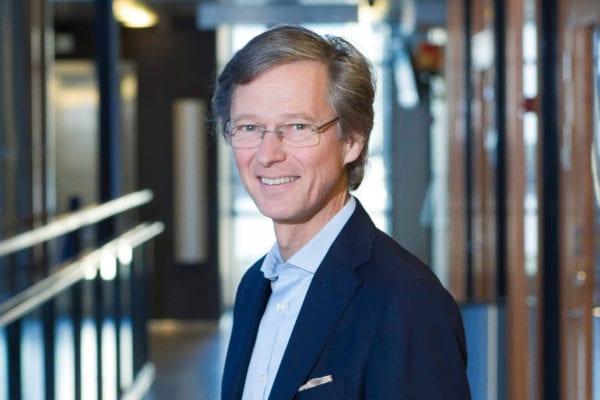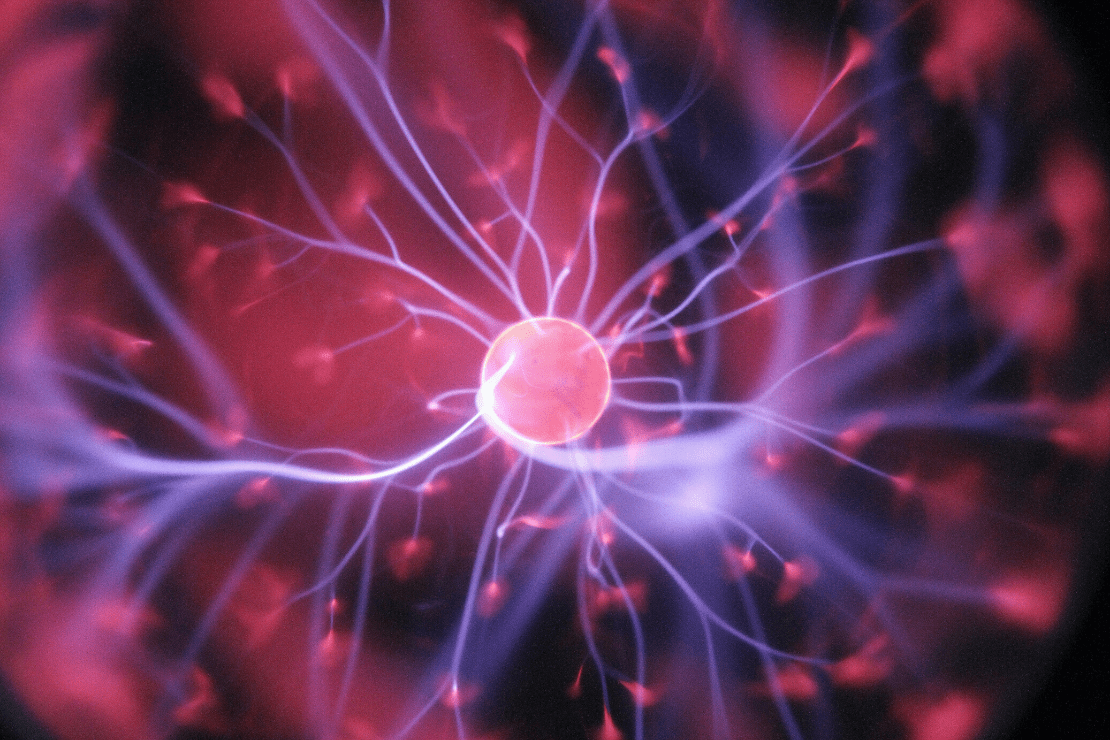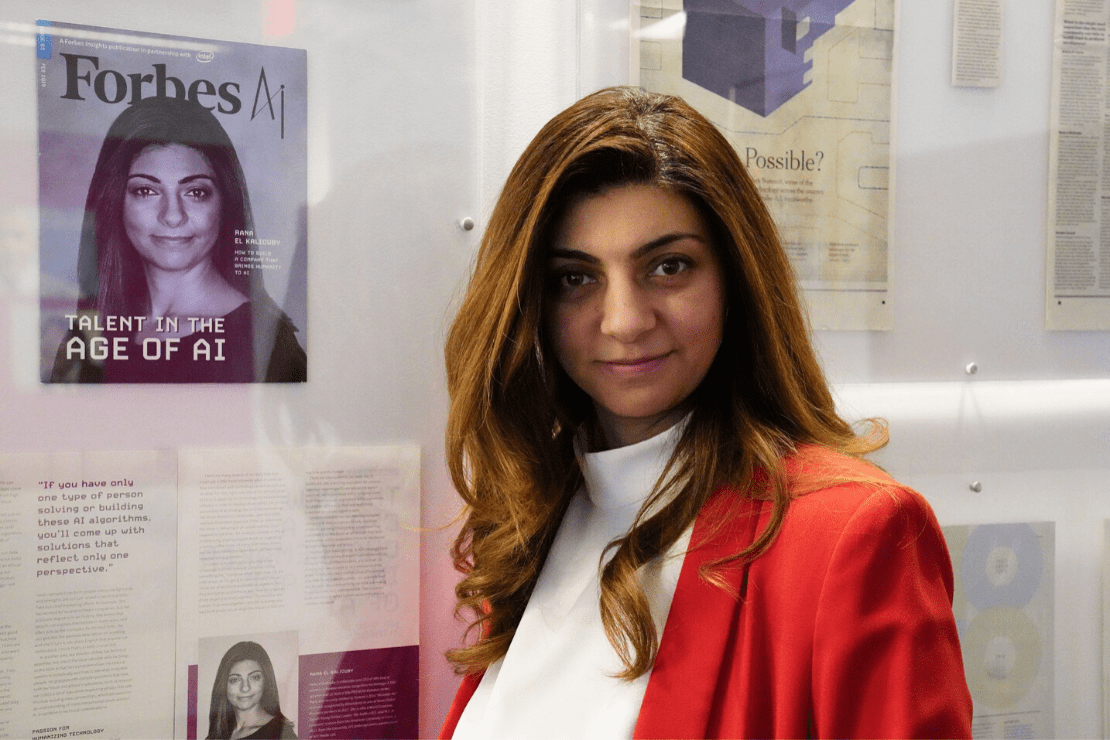4May2020
Finns have always been perceived by the rest of the world as being peculiar. Now that thing has been scientifically proven, and global pharmaceutical companies are investing heavily to find out more.
Traditionally recognized in the world of business for wood processing, machinery, mobile phones and gaming, Finland now finds itself in the eye of pharmaceutical industry. A unique research consortium, FinnGen, has been established to discover conformities in the genetic ancestry of Finns. The purpose for this is to better understand causes for various diseases – which again serves as a tool for developing precision medication against them.
– This is a unique joint effort between research organizations and pharmaceutical companies, says Aarno Palotie, Scientific Director of FinnGen at the University of Helsinki. – We collaborate in an exceptionally wide and open manner in order to track down data about factors behind diseases. This is a remarkable way to develop better, more efficient means to treat patients.
Joining forces for the common good
The idea of academic and business worlds sitting at the same table has, for the old-school professionals from both sides, been rare to say the least. According to Palotie, the atmosphere has quite recently changed. He has been personally active in setting up FinnGen, utilizing his wide experience and networks gathered in the field of international academic research – in this case, especially at the Broad Institute of MIT and Harvard.
– Establishing collective trust was the decisive factor. There are plenty of researchers working at pharmaceutical companies who know people from the academic circles; previous colleagues, attendees of the same education programs and so on. Selling the idea to people who are already familiar with each other took place naturally.
A consortium that today includes 11 pharmaceutical companies, several top research institutes and Business Finland, the national government organization for innovation funding, was founded. Operating for 10 years on an 85 MEUR budget, FinnGen is an exceptional project in more ways than one.
A unique set-up for a unique purpose
– To my knowledge, there are not many ongoing research projects of this size anywhere in the world, Aarno Palotie mentions. – FinnGen’s unique structure and administration model are excellent benchmarks for any other venture. The way personal information protection, cybersecurity and such issues have been set up is an unrivaled combination, even on a global scale.
The data is collected by inviting every Finn to become a biobank participant; all they need to do is give a blood sample at their local public hospital or blood donor center. This opens doors to pharmaceutical innovations that may one day revolutionize the way certain diseases can be cured.
– Finland possesses a long history in epidemiologic research, Aarno Palotie emphasizes. – We are a unique nation, also in the sense of genetic ancestry. Finns have lived in a type of pocket for generations, more or less secluded from the rest of the world. A small nation, far away from others, is able to provide a unique, thus ideal genetic environment.
Off to a good start as the need becomes more evident
So far, people’s favorable attitude has been a positive surprise; already 385.000 biobank samples have been collected. This is better than expected; the ultimate target is to get 500.000 samples by the year 2023.
One of the essential drivers for FinnGen and the companies investing in it is to be able to develop medicines faster. This has become a universally recognized challenge during the spring as the Covid-19 virus is spreading all over the world.
Aarno Palotie points out that there is, indeed, a growing need for large development projects such as FinnGen.
– Shortening the development curve so that effective medicines for very specific diseases can be brought to the market faster is vital for the modern society. Research shows that of those who catch Covid-19, some suffer from a lot more serious symptoms than others. Even people who are otherwise in good condition may require intensive care. There is every reason to believe that this variation is strongly related to genetic ancestry.

Aarno Palotie
Photo: Linda Tammisto


